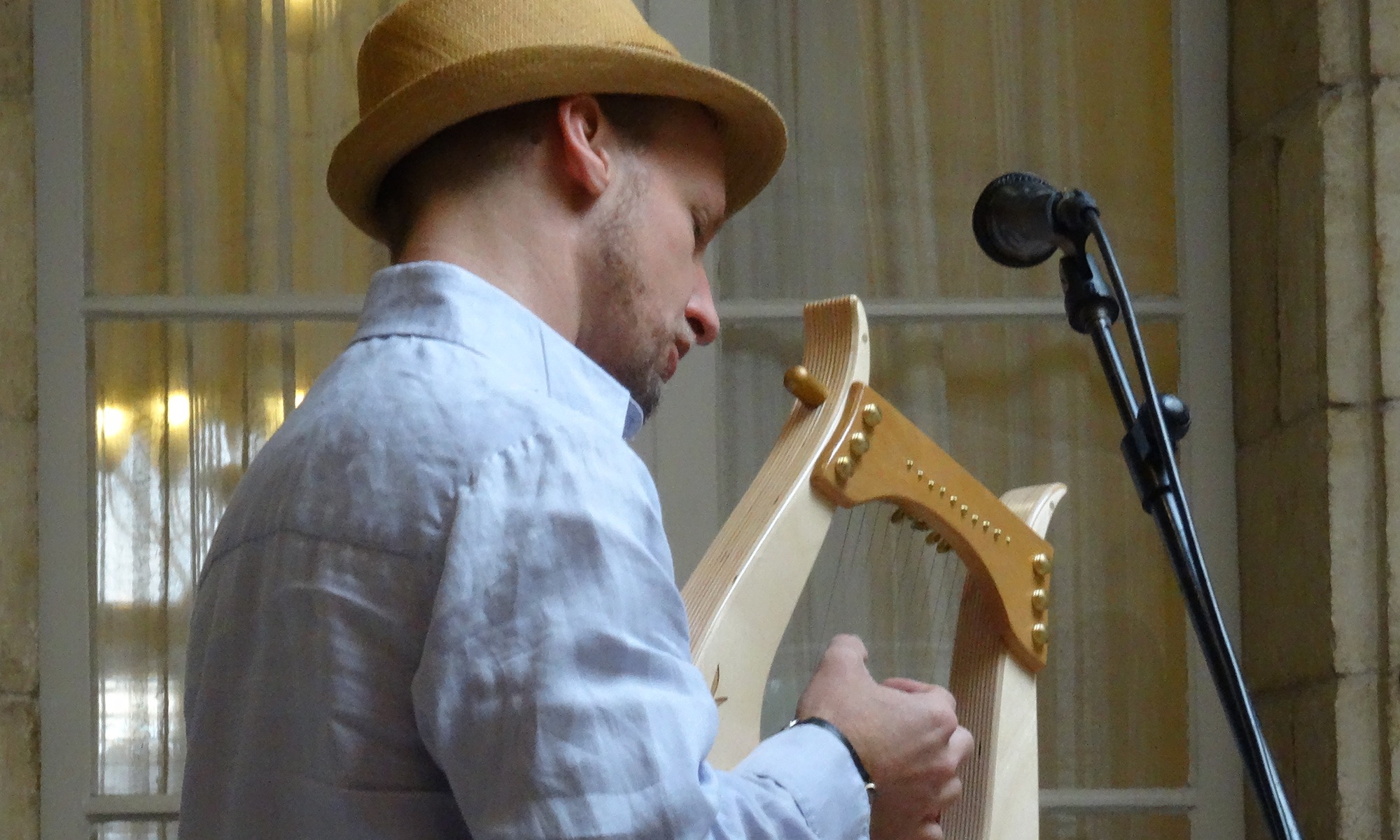The final chapter of the Bible. Let’s hear from Revelation 22. Save time by skipping to 9 minutes in, to get to the topic: “Which verses of Revelation 22 ought to be in red letters?”
at yt: https://bit.ly/jtodrev22


JTOD – Jerusalem Tabernacle Of David
Join Elohim’s Plan for Amos 9:11
Get the Bible translation from Aramaic to English by George Lamsa:
Shavuot is written in the Bible as the 50th day counted after the Shabbat of Passover (Pessach). One historical heresy had it that the counting would begin on the Sunday after Pessach, but Josephus records that the majority view was that Pessach itself is the Shabbat, as it is a yearly Shabbat, and thus the counting of the Omer would begin on the 16th of the First Month.
However, via that alternative minority view, Shavuot/Pentecost will always occur on a Yom Rishon, a sunday of the week.
The other issue to get right is the start of the month, and here the Conjunction is the winner. On the other hand, Karaites, Muslims and lunar pagans agreed on beginning their months a day or two after the Conjunction, on the first visible sliver. There are several theological and practical problems with that approach. In short, via the Conjunction, the whole globe will be in sync, without disagreements related to longitude, latitude, and atmospheric visibility; and more importantly, the major Feasts of Pessach and Succot will alway land exactly on the Full Moon rather than well past the midpoint of the month.
Thirdly, while the Conjunction is calculable accurately by the ancients, it is the “dark moon,” ie the invisible moon; related to our worship of the Invisible Elohim. Contrast this with the pagan practice of worshipping man made gods which are visible, parallel to the visible sighted sliver moon.
Slivers and barley are effective only as confirmations; the underlying structure is the calculated Conjunction and the Equinox (which dictates the ambient temperature needed for the yearly harvest).
This is an excellent representation of the Biblical calendar; link below. The only thing I would change is to keep the months numbered rather than renaming them after the Tribes. While I certainly understand the attraction to assign names as a stronger mnemonic than a simple number, the choice seems rather random; as a musician, I could assign twelve musical tones to the month names; colors, twelve types of ceramic tile; Biblically, the months are numbered and I’m fine with that system. A very minor issue. This calendar gets everything right, from the start of the month to the start of the year.
https://onefaithonepeopleministries.com/2020/05/the-2020-eternal-torah-calendar-is-here/
Another sliver-free example of a proper calendar:
https://therefinersfire.org/2020_Calendar.pdf
FAQ:
“So why is Pentecost (Shavuot) not always on a Sunday?”
The passage in Leviticus 23 states to count the Omer beginning on the day after the Pessach Shabbat (that would be the 16th day). The Pentecost Sunday view however thought that it meant the day after the weekly Shabbat. The sunday view was already a minority view within Judaism beforehand, and that view was not accepted by Judaism. Josephus confirmed that the Omer count began on the 16th, rather than constantly on a Sunday.
If Elohim wanted Shavuot (Pentecost) to always be on a Sunday, then why didn’t He just say so?
“So why is Pentecost (Shavuot) not always on the 6th of Sivan (6th day of the 3rd month)?”
Once it is established that the Omer 50-day count begins on the 16th of the first month, Shavuot may land on the 4th, 5th, or 6th day of the 3rd month depending on the length of each month. The rabbinic Hillel II calendar has a man-made tradition that Shavuot will always land on the 6th day since they predetermined the length of each month rather than observing the Conjunction.
If Elohim wanted Shavuot (Pentecost) to always be on the 6th day of the 3rd month, then why didn’t He just say so?
“How long are the months?”
In reality, there is no way to predetermine that the first month every year will always have 29 days and the second month must always have 30 days, just as an example. Each month may have either 29 or 30 days. That’s just the way it goes when the shortest lunar month in our epoch is 29.271819 days, while the longest is 29.832568 days.
In other words, the shortest month was 29 days, 6 hours, 31 minutes, and 25 seconds, and the longest was 29 days, 19 hours, 58 minutes, and 54 seconds.(1)
Take note that the Solar (Roman) calendar is completely divorced from the lunar months. It states that one month is 28 days and others are 31 days. A true lunar “moonth” can never possibly have these lengths.
“What about the visible sliver?”
The first visible sliver after the new moon Conjunction is merely a confirmation that the new month has already begun. The Conjunction is a global event, whereas the Sliver varies quite a bit depending upon latitude, longitude, and fickle atmospheric conditions.
Starting the months by the Conjunction, Passover will always begin under a Full Moon, whereas using the Sliver, Passover will always be one to three days after the Full Moon has passed. According to tradition, Israel began to walk out of Egypt under a beautiful Full Moon. This gave the Children of Israel optimal lighting to their footsteps as well as cooler temperatures to start their journey.
The same goes for Succot (Feast of Tabernacles). Even though that feast commences on the 15th day of its month rather than the 14th day, it always begins under a nice Full Moon if counting from the Conjunction. However, if one starts the 7th month with the first visible sliver, the 15th day will always always always occur some days after the Full Moon has begun to wane.
Note that the Mohammedan lunar calendar begins its months with the first visible sliver. Let the reader decide whether that point counts for or against the sliver method for Children of Israel.
“What about the barley?”
The barley is just a confirmation that the year has begun properly according to the nearness of Pessach to the Equinox. Barley hunting will always result in arguments and a variety of opinions as to when to start the year; but when Pessach is properly close enough to the Equinox, all arguments will cease, and the barley will simply become ready in time for the sacrifice, thanks to the atmospheric heat generated by the earth’s position vis a vis the Equinox.
“This sun and moon stuff sounds sorta pagan, or new age?”
Maybe at first glance. But remember that the Enemy seeks to imitate and corrupt Elohim’s ways and Instructions. YHWH created the sun and the moon for purposes which includes Moedim (seasons) which includes Feasts (Beresheet/Genesis 1:14). We worship the Creator, while pagans worship things that were created, and make them into idols. That being said, a visible sliver and a visible harvest are examples of creations which are worshiped as visible gods in pagan cultures; whereas the invisible Conjunction and invisible Equinoxes remind us that we worship the invisible Elohim, Creator of all things visible and invisible.
(1) From https://www.timeanddate.com/astronomy/moon/lunar-month.html on 2020-05-31.